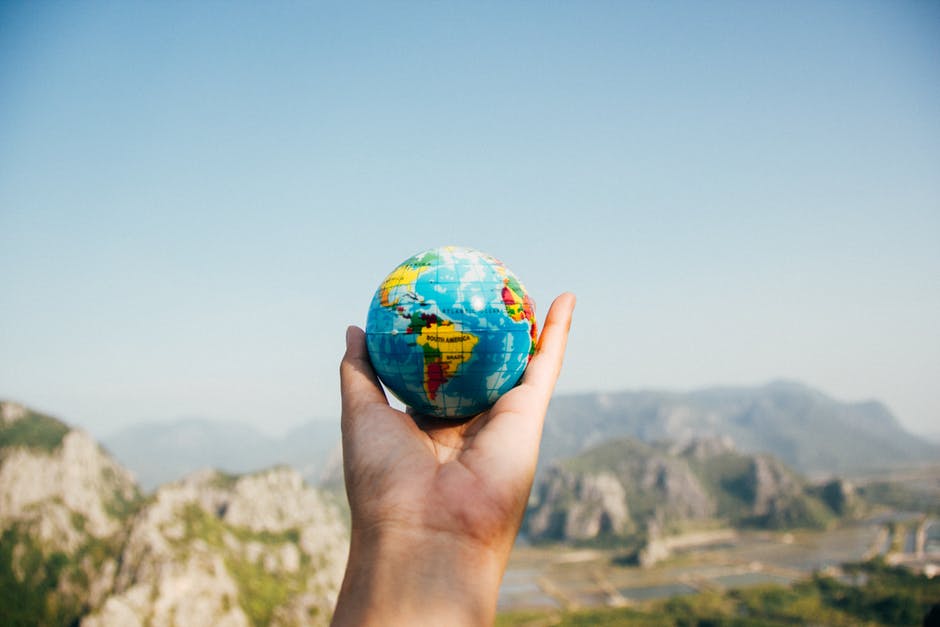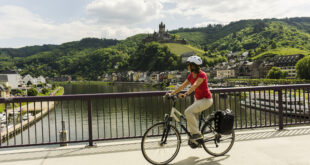The most important things you take and keep with you on an international trip are travel documents. Without them, you may experience long delays, or the inability to travel. It is an excellent idea to spend some time preparing all your documentation in the days before you leave, to minimise pre-travel stress and to maximise your ease of travel whilst overseas.
Here is a useful list of things to prepare or check before you leave:

Visas
Do you need a visa for the countries you are travelling to? Are they all in order?
Passports
Check the expiry date of your passport two months before your trip, in case it needs to be replaced. Replacing a passport is the last minute is expensive and can be problematic. Some countries require a certain amount of time left on you passport before you travel, so if yours has less than a year left on it, check the rules carefully before you leave.
Vaccinations
Are your vaccinations up to date and appropriate for the countries you will be travelling to?
Ticket/Hotel/Reservation details
Take copies of confirmations and bookings and double check via email. For travel details, including air tickets – make sure you have all your tickets in one place. It may pay to photograph them on your phone, in case they are lost. Do not pack your travel documents or money in a suitcase that may get lost. Take them on your person.
Travel insurance
Don’t take the risk – always have travel insurance. If you change your itinerary at all and your arrival or departure dates change, check that you are still covered.
Driver’s license
if you are planning to hire a car overseas, you will need it. Again, it is a good idea to photograph it, in case of emergencies, and check the expiry date.
Money, including foreign currency
Check the expiry date of credit cards and buy foreign currency before you get to the airport – it is often more expensive there. It is a good idea to arrive with some cash for taxis etc, to avoid surcharges. Not all countries have eftpos available as readily as New Zealand, so cash can be helpful. Don’t take so much that it poses a security risk however!
Car keys, house key
Have a safe place you put your keys if you have to take them with you. Don’t take every key on your keyring. Make sure someone has a spare set in case your luggage is misplaced to avoid lockouts.
Newspaper and mail
Thieves take notice of overflowing mailboxes. Ask a neighbour, friend or family member to collect your mail or arrange for it to be held at the Post Office while you are away. You may like to ask them to take care of your plants and pets. Don’t forget to leave keys and your itinerary.
Luggage
Make sure your luggage has your name, address and telephone number. Tie a ribbon or attach distinctive stickers to your luggage so that you can identify it easily, and other travellers will not take it by mistake. Don’t pack what you don’t need, especially if you’re backpacking. It is easier to travel with a pack than with a suitcase. Take an extra pair of clothes in your hand luggage – there’s nothing worse than being in a new country, where you don’t speak the language and where the airline has lost your luggage.
Housekeeping
If you are away for a long stretch, remember to clear your fridge, so you don’t come home to nasty surprises! Also, often you are tired upon your return. Supermarkets allow you to make orders online and specify a delivery date – make sure you have the essentials delivered the day you return home – there’s nothing worse than getting in at midnight and having no fresh milk for a cuppa on your first morning home!
Tips for first-time travellers
Avoid jetlag and airsickness; drink plenty of water but no alcohol on long flights.
If in doubt, stick with a bland diet. Take some sleeping pills if it’s a long flight.
Adjust your watch according to your destination’s clock and attempt to stick to this on arrival.
When travelling in some countries, it is best to leave your jewellery at home – the richer you look, the more of a target you’ll be.
Respect the culture of local customs. Some countries, especially in the Middle East and Asia, dress more conservatively than we do. Be educated about where you’re going. Read up on the city before you get there.
Pack a book or game. There will be times where you will be sitting around waiting for flights, buses, places to open etc.
Use your family connections. Distant relatives are close enough when you need somewhere to sleep.









Peter - 8 years ago
Never EVER put your street address on your luggage.
As you depart, someone at the airport can note down that detail, and while you are enjoying your holiday someone else is robbing your house.
Just put: You Name – Your Town – Your Country – Your Cellphone number.
If your luggage then goes astray in the travel system they can contact you that way.
I had my house keys stolen out of my bag once. But they were useless to the theif as they could not know my street and house number.
Much cheaper then just to replace the keys and not the locks.